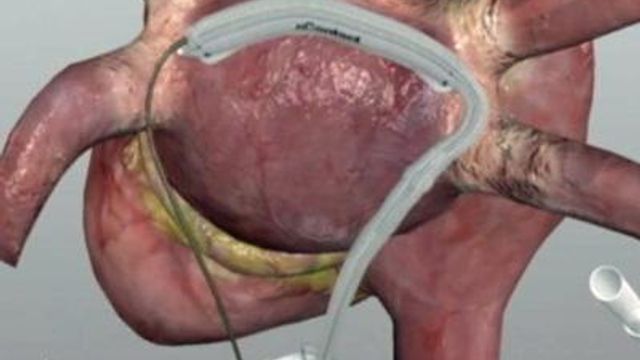N.C. State works on robotic catheter
North Carolina State University professor Gregory Buckner is leading the development of a robotic catheter to treat atrial fibrillation.
Posted — UpdatedNormal heart rhythm depends on a regular flow of electrical energy in the body, but in more than 2 million Americans, something happens to randomly throw the heart into an abnormal rhythm.
Buckner said there are little areas where cells in the atria begin generating their own electrical activities.
There are surgical procedures to apply heat and scar the outside of the heart to redirect electrical patterns. The current state-the-art catheter can ablate, or scar, specific points inside the left atrium. Finger controls can turn it right or left.
“Ideally, you'd like a catheter which had the ability to turn in either direction,” Buckner said, referring to the robotic catheter he is developing.
There are computer-controlled catheters now on the market that cost millions of dollars and require specially designed cath labs, but the technology Buckner is working on his much simpler.
He said it will be available at a much lower cost and will be easier to adopt in a small clinical practice.
Buckner said more precise procedures also will be shorter, with less radiation exposure for the patient and surgical staff.
The school's biomedical engineers are in clinical collaboration with the N.C. State College of Veterinary Medicine and a Duke University electrophysiologist, as well as with a commercial manufacturer of heart catheters.
The catheter is now being tested on animal models.
• Credits
Copyright 2024 by Capitol Broadcasting Company. All rights reserved. This material may not be published, broadcast, rewritten or redistributed.





